On July 16, Hoan My Cuu Long General Hospital said that the hospital's doctors had just provided emergency care to an elderly woman whose blood sugar level was 8 times higher than normal.
Previously, Mrs. VĐD (77 years old, reflected in Vung Liem District, Vinh Long ) was admitted to the emergency room with symptoms of fever, cough, vomiting, poor appetite, fatigue, lethargy, slowness, dry skin, collapsed neck veins, low blood pressure 90/60mmHg. Mrs. D. bought medicine herself and took it for 3 days but her condition did not improve.
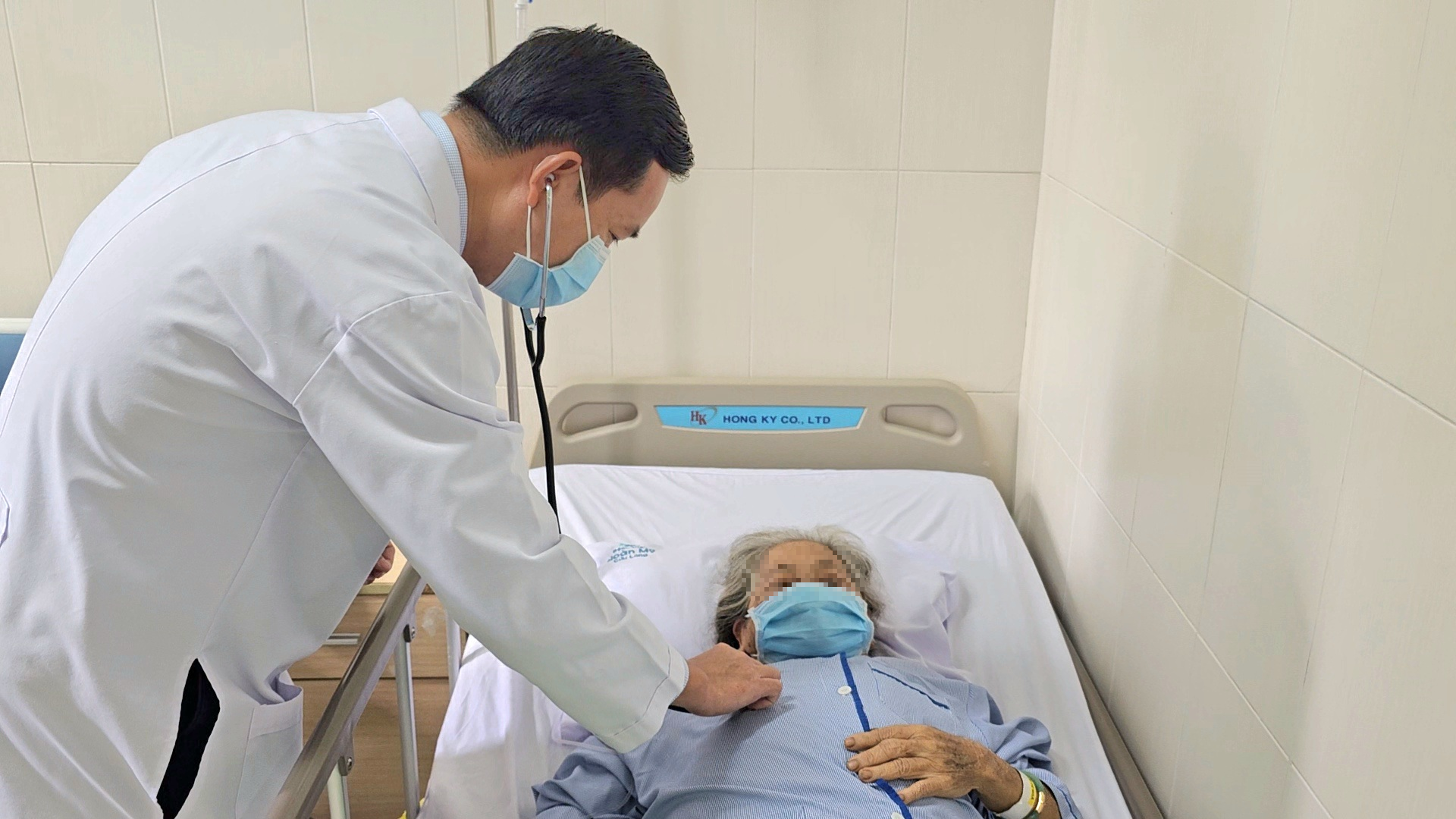
After 2 days of intensive treatment, the patient was alert, no longer vomiting, and able to eat and drink.
The family said that recently, Mr. D. often felt tired, thirsty, had a dry throat and lost weight. He had a history of high blood pressure and spinal degeneration, but did not go to the doctor and bought medicine on his own.
Through tests, the patient was diagnosed with acute hyperglycemia, hyperosmolarity/type 2 diabetes, hypertension, myocardial ischemia, Cushing's syndrome, acute kidney injury, electrolyte disturbances, osteoporosis, and gastritis.
Immediately afterward, the patient was consulted at level 2 and quickly transferred to the Intensive Care and Poison Control Department (ICU) for active treatment, fluid replacement according to the protocol, blood sugar control with insulin via an electric syringe, bicarbonate replacement, general condition improvement, and hourly monitoring of blood sugar, urine, and electrolytes.
After 2 days of intensive treatment, the patient was alert, no longer vomiting, able to eat and drink, less thirsty and urinating frequently, blood sugar gradually stabilized and was transferred to the Endocrinology Department for further treatment. At the Endocrinology Department, the patient was switched from intravenous insulin (electric syringe) to subcutaneous injection, fluid replacement, and the patient's condition was assessed to be stable.
Dr. Lam Thanh Danh recommends that elderly people with chronic diseases should not buy medicine on their own but should go to the hospital for timely diagnosis and treatment and screening for related diseases. Diabetic patients need to strictly follow the doctor's treatment regimen, have regular check-ups and screening for complications, and should not stop taking insulin injections and oral medications on their own. For people with diabetes, when they see unusual signs while taking medication, they need to go to a medical facility immediately for re-examination and medication adjustment...
Dr. Lam Thanh Danh, Deputy Head of the Department of Endocrinology, said that Mrs. D. is a typical case, diabetes was detected in the context of acute complications, in a patient with previously undiagnosed diabetes, with a high risk of death if not promptly treated.
The old lady had a chronic illness. Instead of going to the doctor and getting treatment for related diseases, she bought medicine on her own for a long time. Buying medicine on her own and not going to the doctor is extremely dangerous, leading to late detection of the disease or hospitalization in the acute complication of the chronic disease as above.
Source link








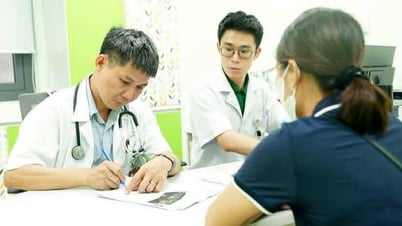

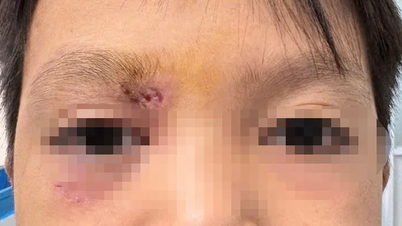

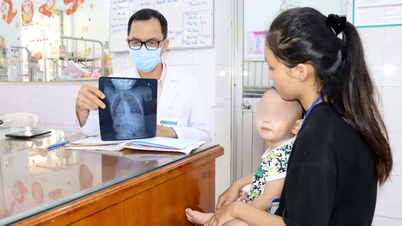
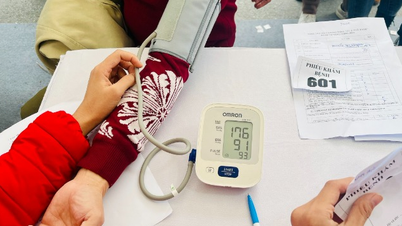


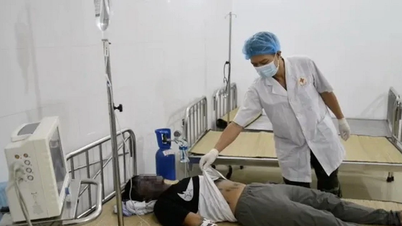

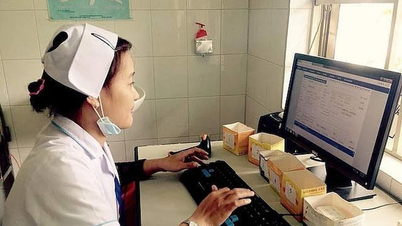




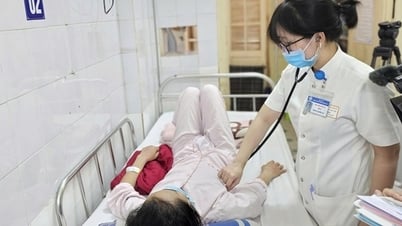

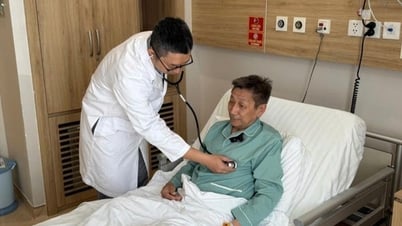









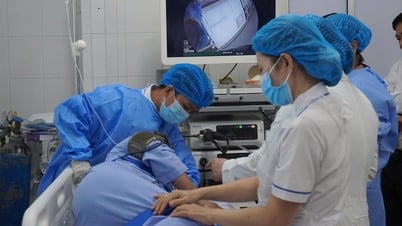


















































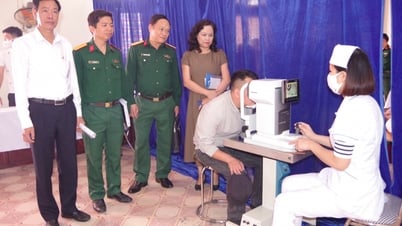















Comment (0)